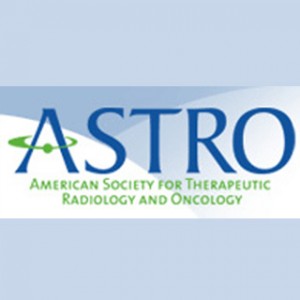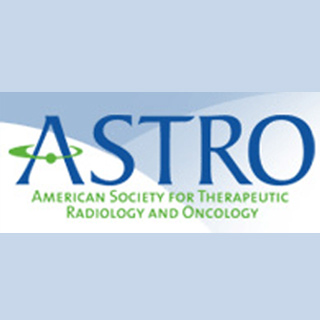 The American Society for Radiation Oncology (ASTRO) released a list of five recommendations about oncology-specific treatments, in order to help oncologists the most appropriate methods of treatment. This is the second time that ASTRO releases a list of this kind as part of the national Choosing Wisely campaign, an initiative of the ABIM Foundation.
The American Society for Radiation Oncology (ASTRO) released a list of five recommendations about oncology-specific treatments, in order to help oncologists the most appropriate methods of treatment. This is the second time that ASTRO releases a list of this kind as part of the national Choosing Wisely campaign, an initiative of the ABIM Foundation.
The ASTRO list is comprised of five recommendations identifying targeted treatment options that this society believes need to be discussed between patients and physicians before prescribed. “Don’t recommend radiation following hysterectomy for endometrial cancer patients with low-risk disease,” starts the list, since those patients register low risks of recurrence after they undergo surgery, and there may be an increase of the side effects without additional benefits, compared with surgery alone, as demonstrated by recent meta-analysis studies.
“Don’t routinely offer radiation therapy for patients who have resected non-small cell lung cancer (NSCLC), negative margins, N0-1 disease,” is the second recommendation from ASTRO. There are many options for patients with early-stage NSCLC after surgery, including observation, chemotherapy and radiotherapy, with studies demonstrating that choosing radiotherapy may mean an increase in side effects with no consequences regarding survival. On the other hand, post-operative radiotherapy may help patients with positive margins after surgery, as it improves the local control.
Listed in third place, ASTRO recommends physicians not to “initiate non-curative radiation therapy without defining the goals of treatment with the patient and considering palliative care referral,” since it believes that well-defined therapeutic goals help improve the patient’s quality of life, as well as early palliative care intervention.
Studies have demonstrated that yearly mammograms are helpful as a way of surveillance for patients who suffered from breast cancer and had breast conserving surgery and radiation therapy. In addition, patients should wait from six to 12 months after radiotherapy before performing mammograms. Therefore, ASTRO recommends: “don’t routinely recommend follow-up mammograms more often than annually for women who have had radiotherapy following breast conserving surgery.”
[adrotate group=”1″]
Finally, ASTRO advises not to “routinely add adjuvant whole brain radiation therapy to stereotactic radiosurgery for limited brain metastases”. Additional whole brain radiation therapy (WBRT) in stereotactic radiosurgery (SRS) has been demonstrated to have no survival benefits and not only does it diminishes cognitive function, but it also increases fatigue and worsens the quality of life, as explained by ASTRO.
“We are proud to continue our commitment to the Choosing Wisely campaign and to release our second list of five radiation oncology treatments that we recommend physicians and patients discuss in more detail prior to treatment,” chair of ASTRO’s Board of Directors, Colleen A.F. Lawton, MD, said in an ASTRO press release. “ASTRO is dedicated to supporting a strong doctor-patient relationship to ensure that patients are able to make sound and informed health care decisions. Both of ASTRO’s lists provide evidence-based recommendations that will foster detailed conversations so that patients receive appropriate, high-quality radiation oncology care,” he added.
The list was created and reviewed by a work group formed by ASTRO, comprised of representatives from health policy, government relations, and clinical affairs and quality, who are informed on the most recent knowledge about treating and managing the disease.


